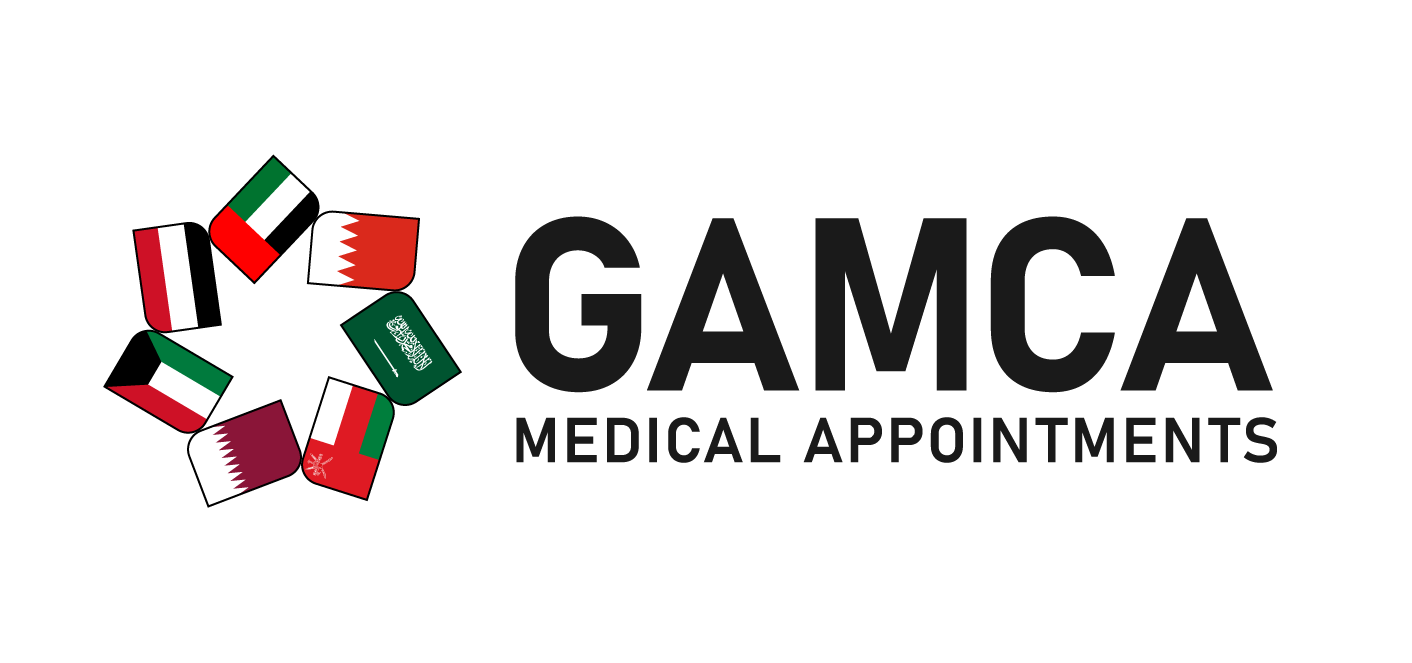Introduction
Planning to work abroad often comes with a long checklist — and medical clearance is always one of the top items. If you’re heading to a GCC (Gulf Cooperation Council) country like Kuwait, Saudi Arabia, or the UAE, your medical examination process will be quite different from countries like Canada, the UK, or Australia. Understanding these differences can mean the difference between fast approval — or costly rejection.
Whether you’re preparing for a GAMCA medical appointment or comparing visa health checks globally, this guide explains what sets GCC medical exams apart and what you need to know to pass.

Why Medical Exams Differ Across Countries
Medical exams for work visas are not one-size-fits-all. They reflect a country’s:
- Public health priorities
- Workforce health risk tolerance
- Healthcare infrastructure
- Immigration policies
While countries like the US or Canada may focus on long-term health management (e.g., chronic conditions), GCC nations are more concerned with communicable diseases and immediate fitness for work.
Let’s break this down further.
GCC Requirements vs. Western Countries
The Role of GAMCA in GCC Countries
GCC countries use a unified system for work visa health screenings called the GAMCA (Gulf Approved Medical Centers Association) network. If you’re from India, Pakistan, Bangladesh, the Philippines, or other South/Southeast Asian countries, you’ll need to undergo this test before your visa is approved.
What Does the GAMCA Medical Exam Include?
The GAMCA medical test screens for:
- HIV/AIDS
- Tuberculosis (TB)
- Hepatitis B & C
- Leprosy
- Syphilis & STDs
- Pregnancy (for women)
- Chest X-ray
- Urine & blood test
- General physical fitness
- Mental health evaluation (basic)
One key aspect: Any positive result for communicable diseases will usually lead to visa rejection.
Compare this to countries like Canada, the UK, or Australia, where:
- TB tests are often required but HIV or Hepatitis may not be automatic disqualifiers.
- Chronic conditions (diabetes, hypertension, etc.) don’t lead to rejection unless they impact long-term cost to the healthcare system.
- There is usually a chance to appeal, provide documentation, or retest.
In GCC countries, you often do not get a second chance. This makes preparation and early testing crucial.
Strictness in Infectious Diseases
Why Is GCC Stricter?
Gulf countries rely heavily on expatriate labor, especially for construction, domestic work, hospitality, and healthcare. Because of the dense living quarters and physical nature of jobs, their governments aim to minimize the risk of infectious disease outbreaks.
Hence, the zero-tolerance approach to:
- HIV/AIDS
- Hepatitis B/C
- Pulmonary TB
- Leprosy
This also explains why women who are pregnant or those with visible signs of skin diseases or mental instability may also face rejection — even temporarily.
In contrast, Western countries often provide medical waivers, ask for treatment documentation, or make individualized assessments.
What This Means for Migrants
1. You Must Be Proactive
Don’t wait until your GAMCA appointment to find out if you have a medical issue. Book a pre-screening test with a private lab or local doctor — especially if you’ve ever had TB, hepatitis, or STDs in the past.
2. Be Honest About Your History
Trying to hide your medical history will not help — the tests are thorough. If you’ve been treated before, bring medical records that prove you are fit and healthy now.
3. Understand That a “Fail” Affects All GCC Countries
A failed result at GAMCA usually blacklists you for all GCC nations. This isn’t just about one job — it could affect your entire Gulf career plan.
4. Prepare Based on Gender
Women need to be aware of the pregnancy test component. Pregnant women are often rejected temporarily and told to reapply later.
Key Differences at a Glance
Aspect
GCC Medical (GAMCA)
Western Countries (US/Canada/UK)
Administered by
GAMCA-approved centers only
Any certified panel physician
Focus
Communicable diseases & fitness to work
Chronic conditions & long-term public health
Retesting or appeal
Rare or not allowed
Usually possible
Pregnancy
Can delay or reject visa
Often allowed with employer consent
Chronic conditions
Often ignored unless critical
Reviewed in context of long-term care cost
Blacklist risk
High (across GCC countries)
None (individual country discretion)
Final Thoughts
If you’re planning to work in a GCC country, your medical exam is one of the most crucial parts of the visa process. Unlike other global destinations, you get one shot at passing.
Use GAMCA Medical Appointments to:
- Book your exam with authorized centers
- Get tips on how to prepare
- Avoid preventable rejections
- Get your certificate issued quickly and smoothly
GAMCA medical tests are strict — but with preparation, honesty, and awareness, you can sail through them and start your new job with confidence.
Schedule your GAMCA medical appointment today!
If you do need a GAMCA test for work or residence, we ensure the process is smooth and timely.
FAQs
- What happens if I fail the GAMCA medical exam?
You’ll be marked “Unfit” and cannot reapply for a GCC work visa for a certain period — often 6 months to 1 year. Sometimes the ban is permanent. - Is it possible to retake the test if I’m sick on the day of the exam?
No. GAMCA doesn’t allow excuses or rescheduling due to illness. It’s best to postpone your appointment in advance if you’re unwell. - What documents should I bring for the GAMCA medical exam?
Passport, appointment slip, national ID, and previous medical records (if applicable). - Can I go to any clinic for the GCC medical test?
No. You must go to a GAMCA-approved center. Booking through the GAMCA Medical Appointments platform ensures compliance. - Are medical tests the same for all GCC countries?
Yes, the tests are standardized across Bahrain, Kuwait, Oman, Qatar, Saudi Arabia, and the UAE. - How long is the GAMCA medical certificate valid?
Generally, 3 months from the date of issue. - Is HIV really a disqualifier for GCC jobs?
Yes, unfortunately, any positive HIV result will lead to disqualification under current policies.

